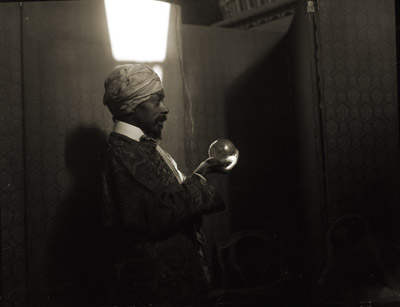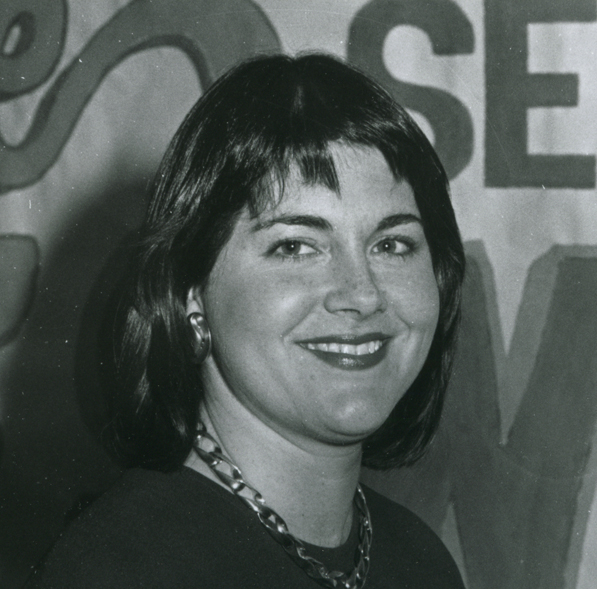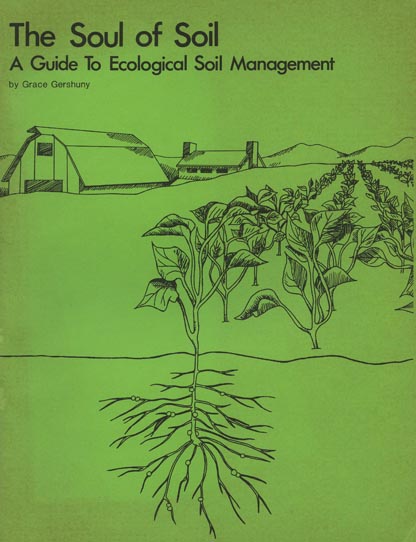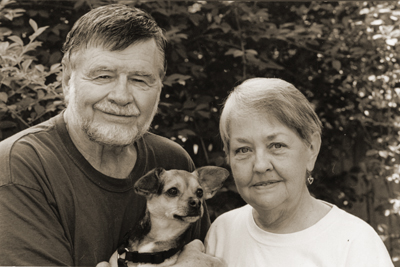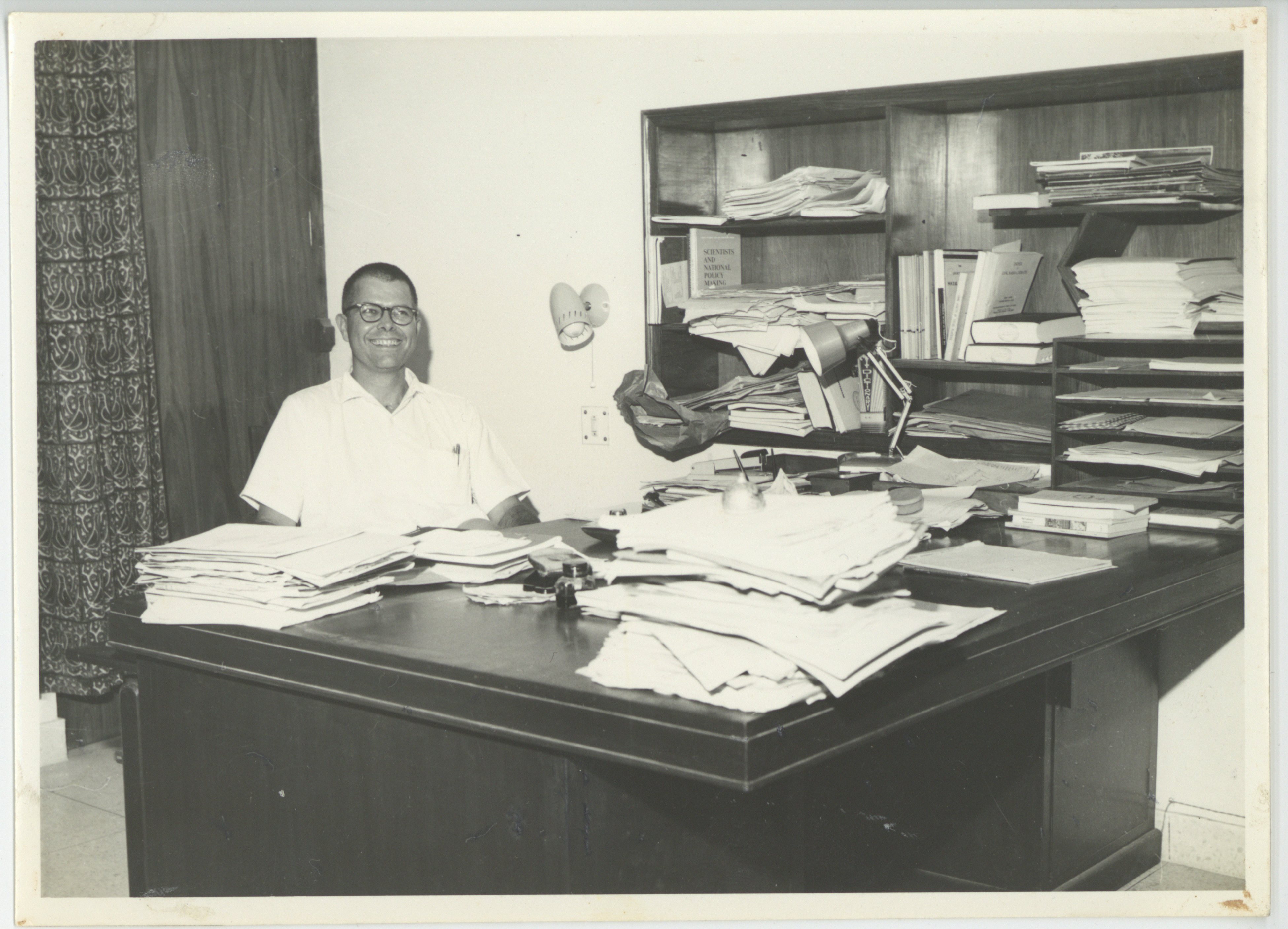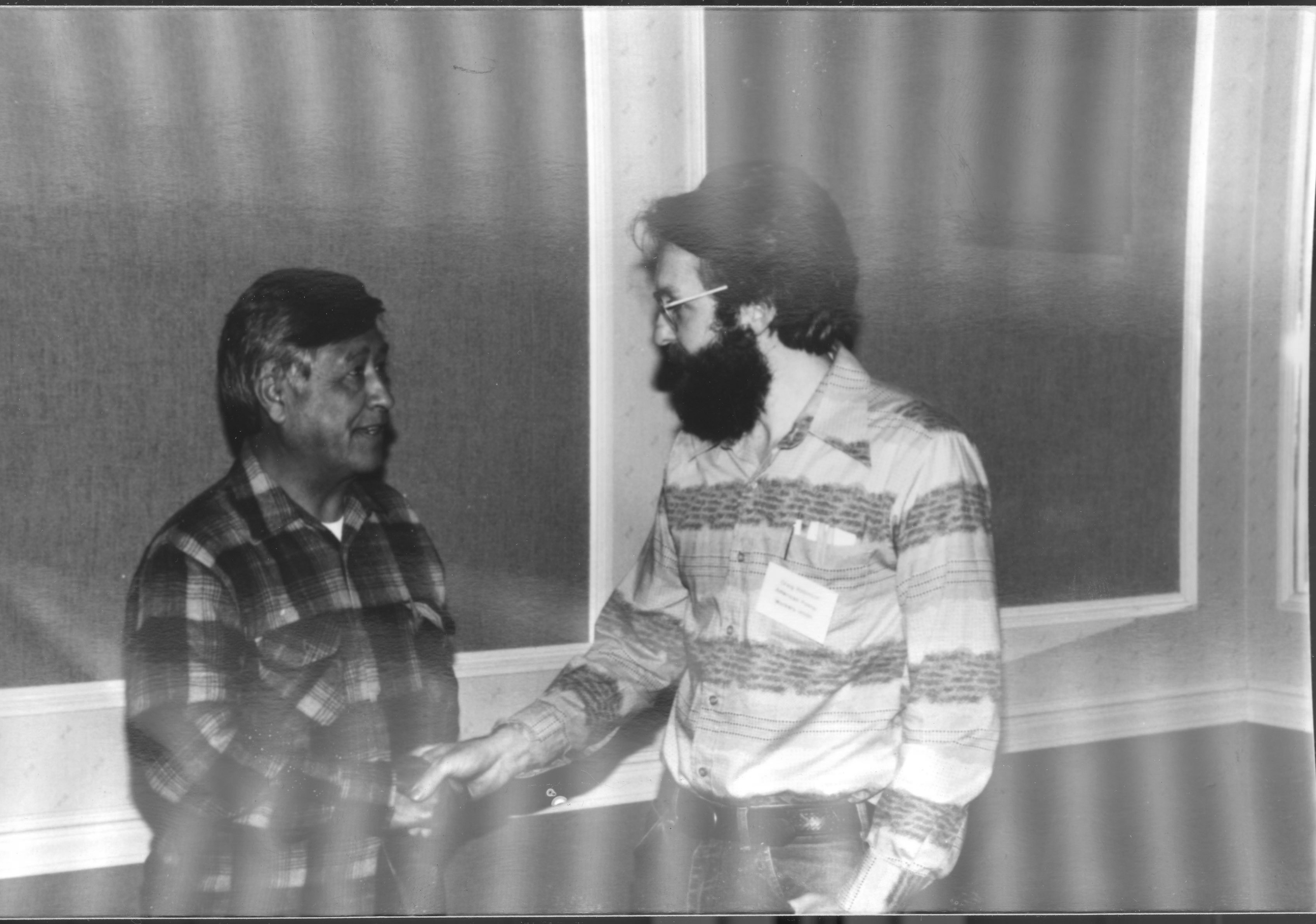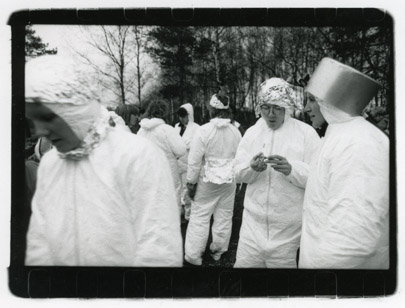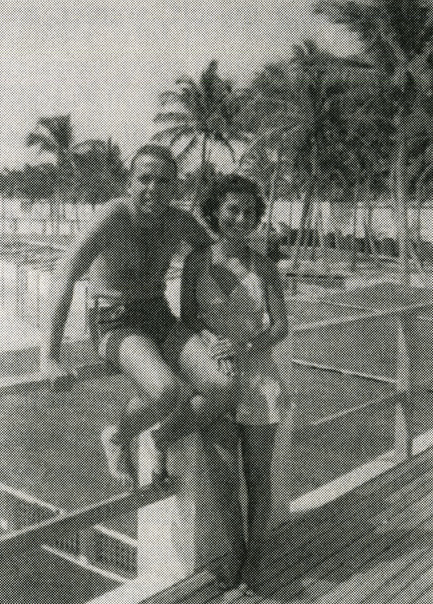William F. Field Papers
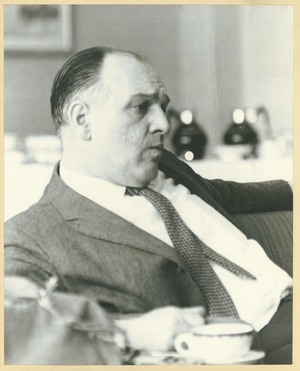
The University’s first Dean of Students, William F. Field held the post from 1961 until his retirement in 1988. The 27 years Field was Dean of Students was a critical time of growth and unrest, as the University’s student population more than tripled in size and the nation-wide movements for civil rights and against the Vietnam War were reflected through student activism and protest on the University’s campus. Responsible for ending student curfews and overseeing all dorms becoming co-ed, Field also worked with minority students and faculty to support the Black Arts Movement on campus and the founding of the W.E.B Du Bois Afro-American Studies Department.
The William F. Field Papers document Field’s career as an administrator at the University of Massachusetts and specifically his role as Dean of Students from 1961-1988. The correspondence, memoranda, reports, notes, and other official printed and manuscript documents are a rich resource for one of the most important and volatile eras in the University’s history. Of particular interest are extensive files on student protests and activism in the late 1960s and early 1970s and the growing diversity of the campus student population, flourishing of the Black Arts Movement on campus and the founding of the W.E.B. Du Bois Afro-American Studies Department.

